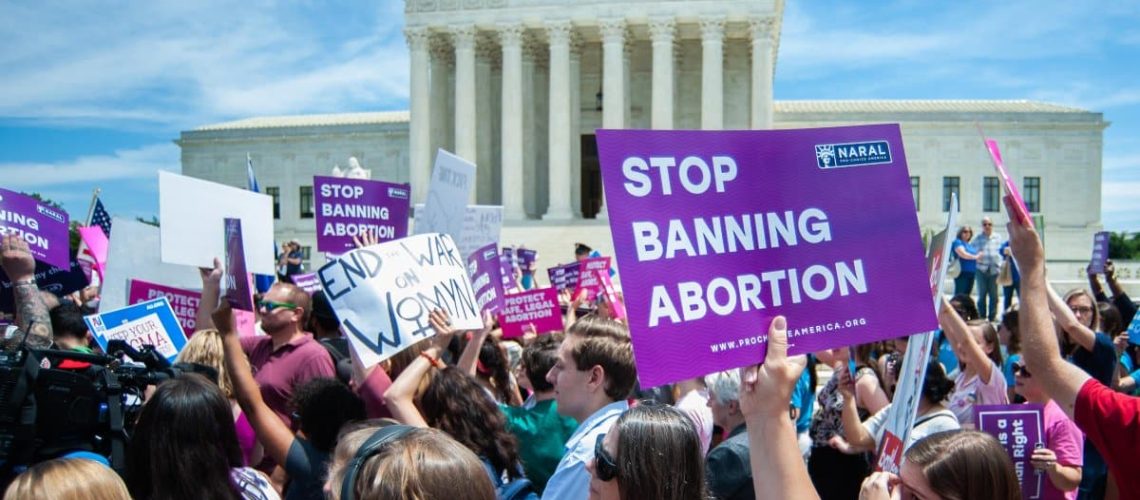In the divisive landscape of American politics, few issues evoke as much passion and controversy as abortion rights. Recent legal changes have only intensified the debate, highlighting stark divides across the nation. How did we get here, and what does it mean for the future of reproductive rights?
1. Draconian Bans in Conservative States

In states like Texas and Mississippi, extreme anti-abortion laws have effectively banned the procedure, even in cases of rape or incest, sparking outrage and legal battles.
2. Erosion of Roe v. Wade
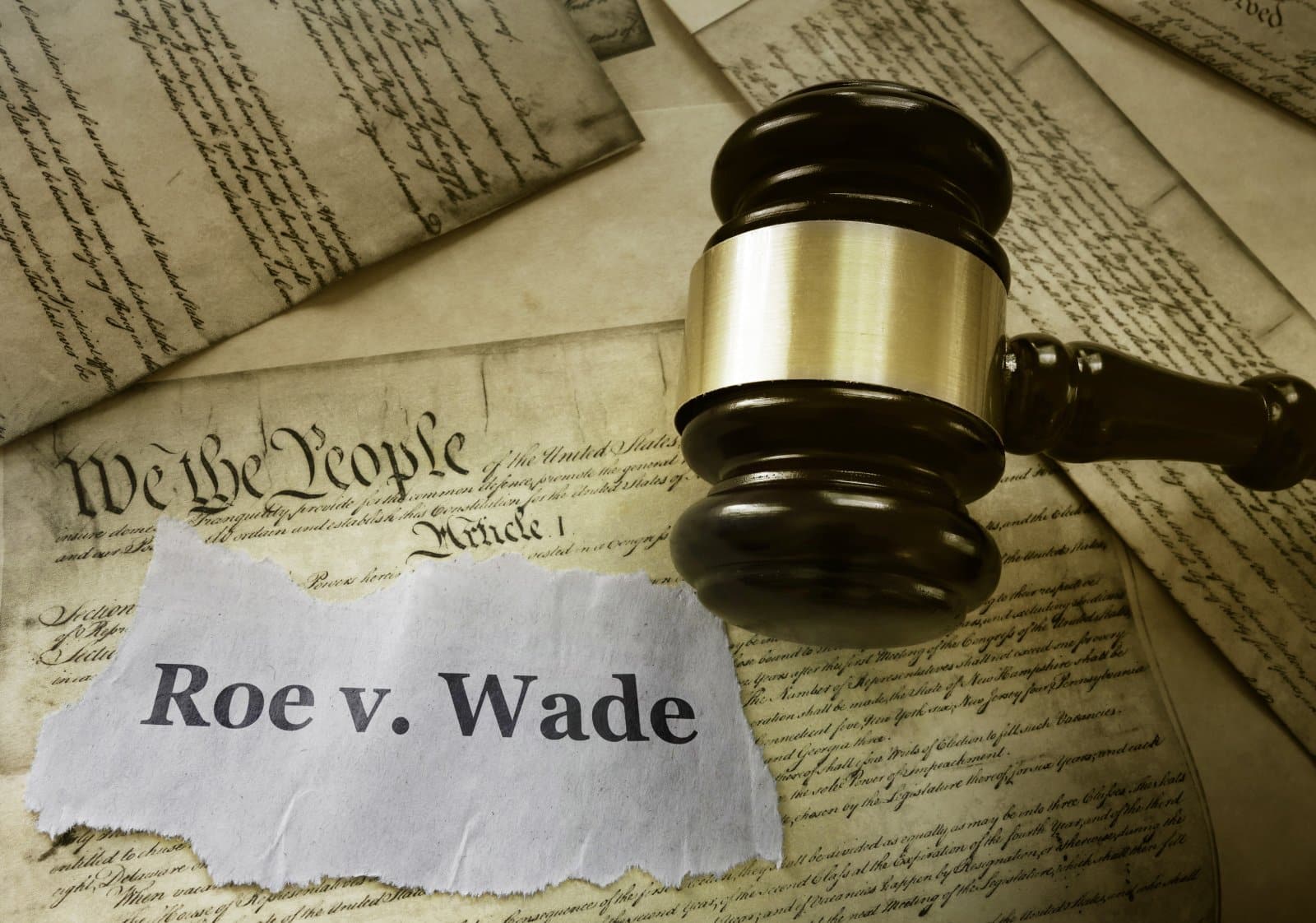
Decades of progress are under threat as conservative-led legislatures chip away at the landmark Supreme Court decision, leaving many wondering if Roe v. Wade will soon be overturned.
3. Access Disparities

Women in rural and low-income areas face significant barriers to accessing abortion services, exacerbating inequalities and limiting reproductive choices.
4. Rise of Trigger Laws

A growing number of states have enacted trigger laws that automatically ban abortion if Roe v. Wade is overturned, plunging the nation into a potential patchwork of conflicting regulations.
5. Targeting Healthcare Providers

Abortion providers are increasingly targeted with restrictive regulations and harassment, leading to clinic closures and further restricting access to safe and legal abortion.
6. Assault on Reproductive Health

Beyond abortion, a wave of restrictive legislation also targets contraception, sex education, and other essential reproductive health services, impacting LGBTQ+ individuals and allies alike.
7. Impact on Marginalized Communities

Women of color, LGBTQ+ individuals, and those with low incomes bear the brunt of restrictive abortion laws, deepening existing disparities in healthcare access and outcomes.
8. Threat to Transgender Rights

Transgender and nonbinary individuals face unique challenges in accessing gender-affirming healthcare, including abortion services, amidst a hostile political climate.
9. Backlash Against Judicial Activism

Efforts to appoint conservative judges sympathetic to anti-abortion views signal a broader assault on judicial independence and the rule of law.
10. Polarized Public Opinion

Abortion remains a deeply polarizing issue, with opinions often shaped by religion, ideology, and misinformation, making constructive dialogue increasingly elusive.
11. Weaponizing Fetal Personhood
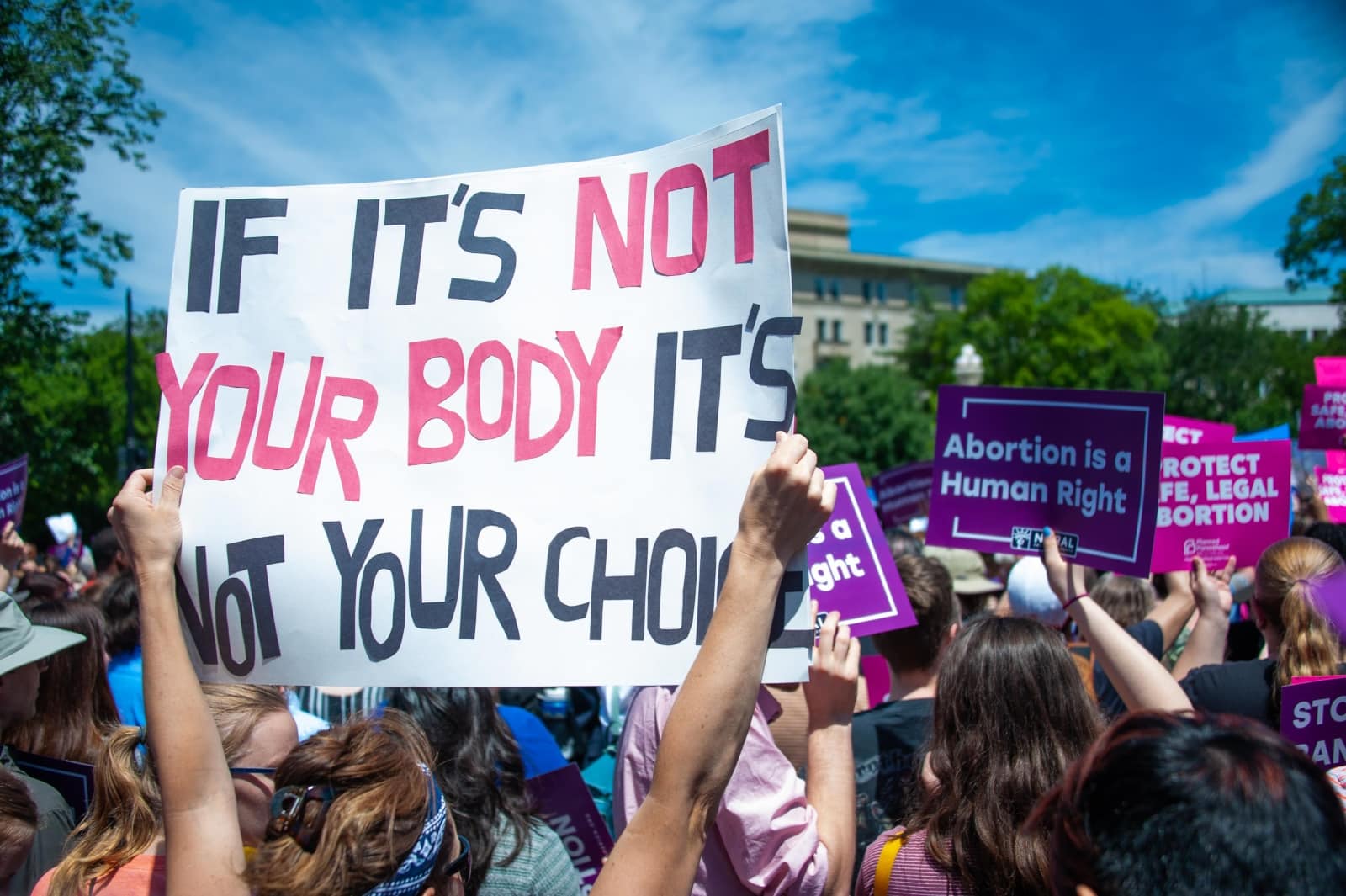
Advocates of fetal personhood seek to grant legal rights to embryos and fetuses, laying the groundwork for further restrictions on abortion and reproductive autonomy.
12. Misleading Crisis Pregnancy Centers

Crisis pregnancy centers, often funded by anti-abortion groups, deceive and manipulate vulnerable individuals seeking unbiased information and support.
13. International Ramifications
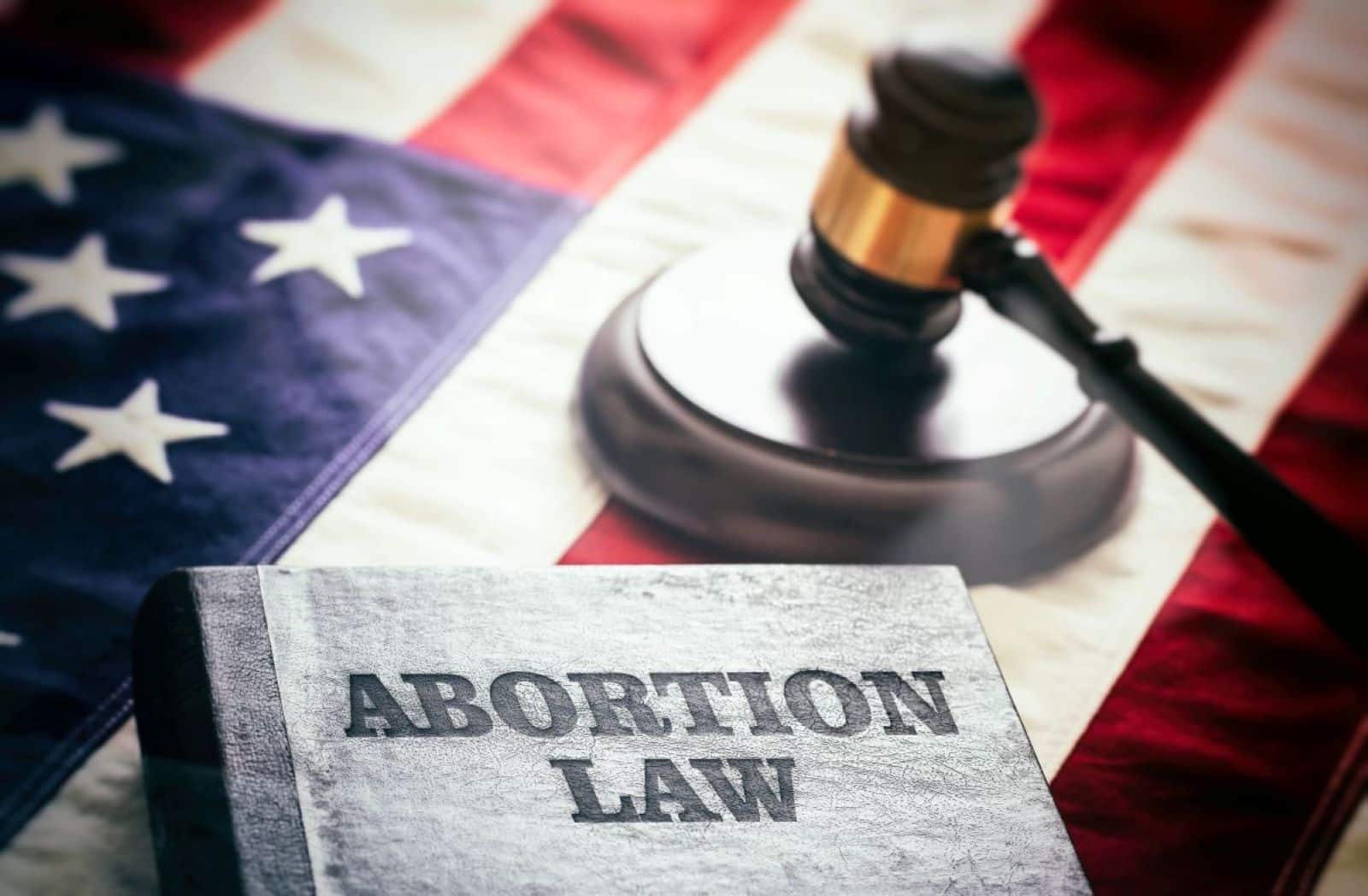
America’s abortion policies reverberate globally, influencing reproductive rights movements and access to healthcare in other countries, especially in the Global South.
14. Economic Implications

Restrictive abortion laws disproportionately affect low-income individuals and families, perpetuating cycles of poverty and limiting economic mobility.
15. Mental Health Impact

For many individuals, restrictions on abortion access contribute to feelings of shame, isolation, and despair, exacerbating mental health challenges and trauma.
16. Abandoning Science

Anti-abortion rhetoric often disregards medical evidence and scientific consensus, promoting harmful myths and stigmatizing reproductive healthcare providers.
17. Parental Consent Hurdles

Mandatory parental consent laws for minors seeking abortion endanger young people’s health and safety, particularly in abusive or dysfunctional family environments.
18. Criminalizing Self-Induced Abortion

Draconian laws criminalizing self-induced abortion disproportionately harm marginalized individuals who lack access to safe and legal healthcare options.
19. Disruption of Healthcare Networks

Targeting abortion providers disrupts broader healthcare networks, jeopardizing essential services and undermining public health initiatives.
20. Threat to Bodily Autonomy
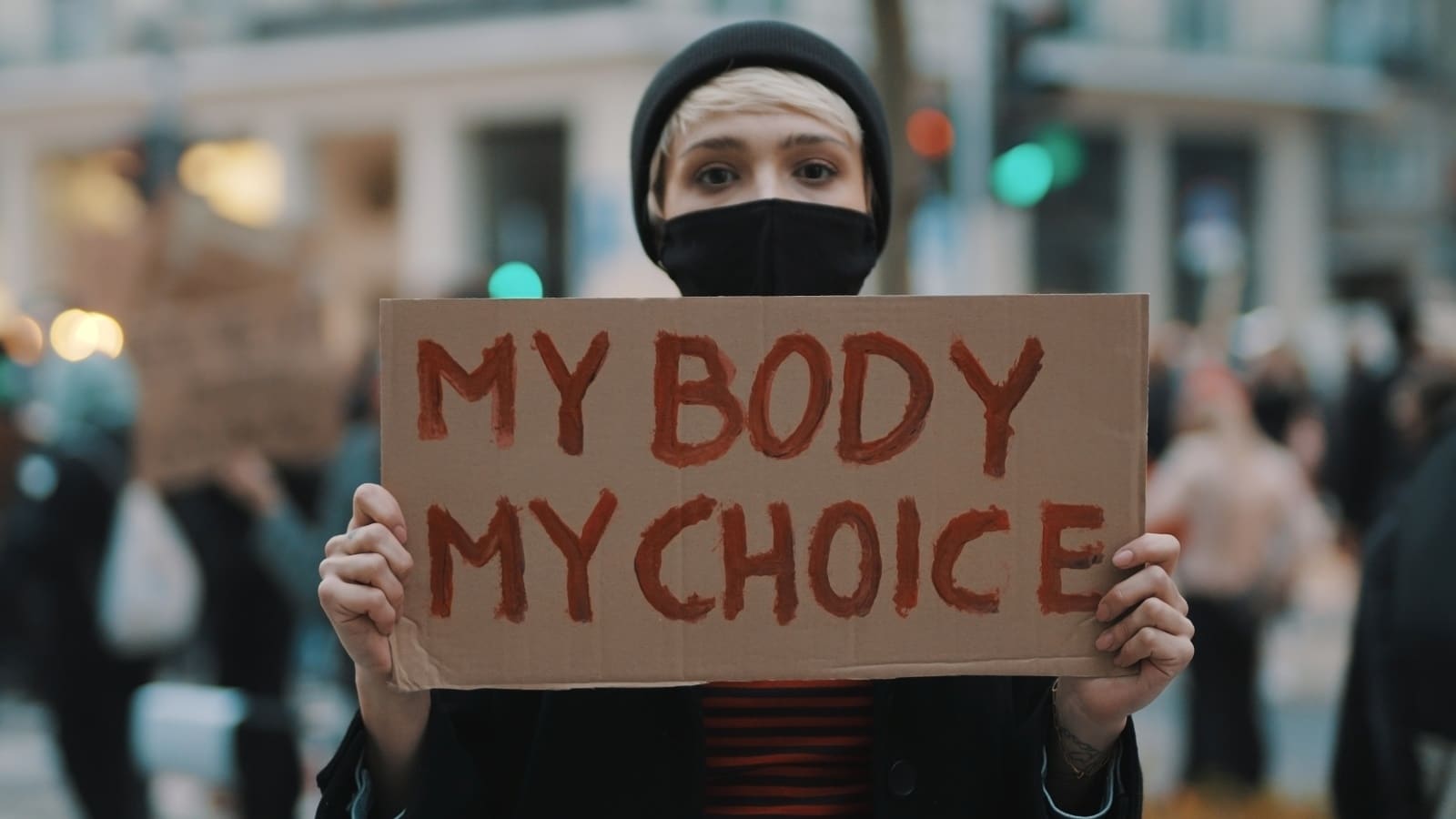
At its core, the abortion debate is about bodily autonomy and individual rights, raising fundamental questions about freedom, privacy, and the role of government in our lives.
Navigating a Divided Landscape
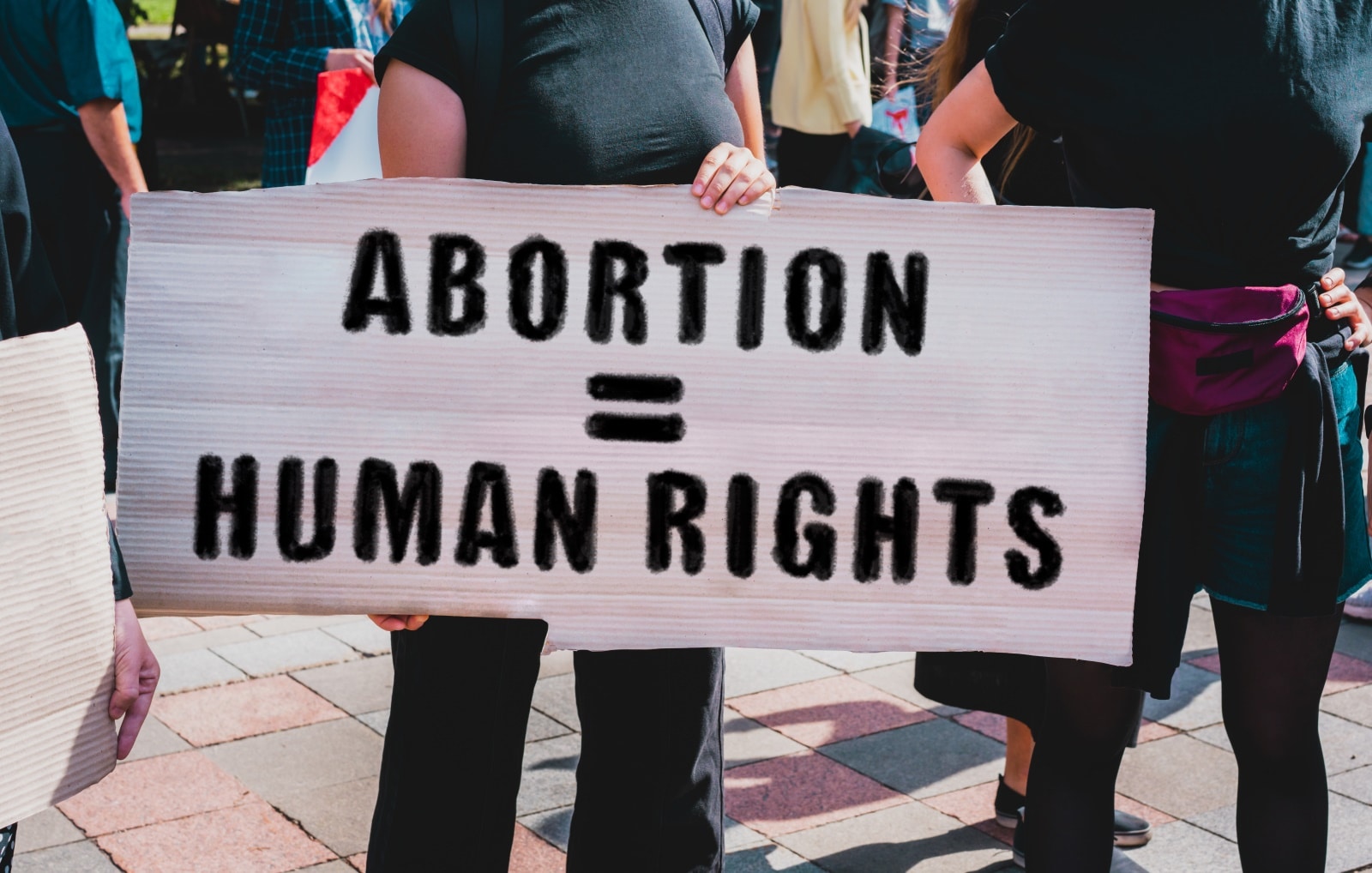
As America grapples with the complexities of abortion rights, it’s essential to recognize the profound impacts on individuals, communities, and society as a whole. Only through informed advocacy, empathy, and a commitment to justice can we hope to bridge divides and safeguard reproductive freedoms for all.
The post 20 Ways Abortion Laws Are Splitting America Apart first appeared on Pulse of Pride.
Featured Image Credit: Shutterstock / Rena Schild.
For transparency, this content was partly developed with AI assistance and carefully curated by an experienced editor to be informative and ensure accuracy.

